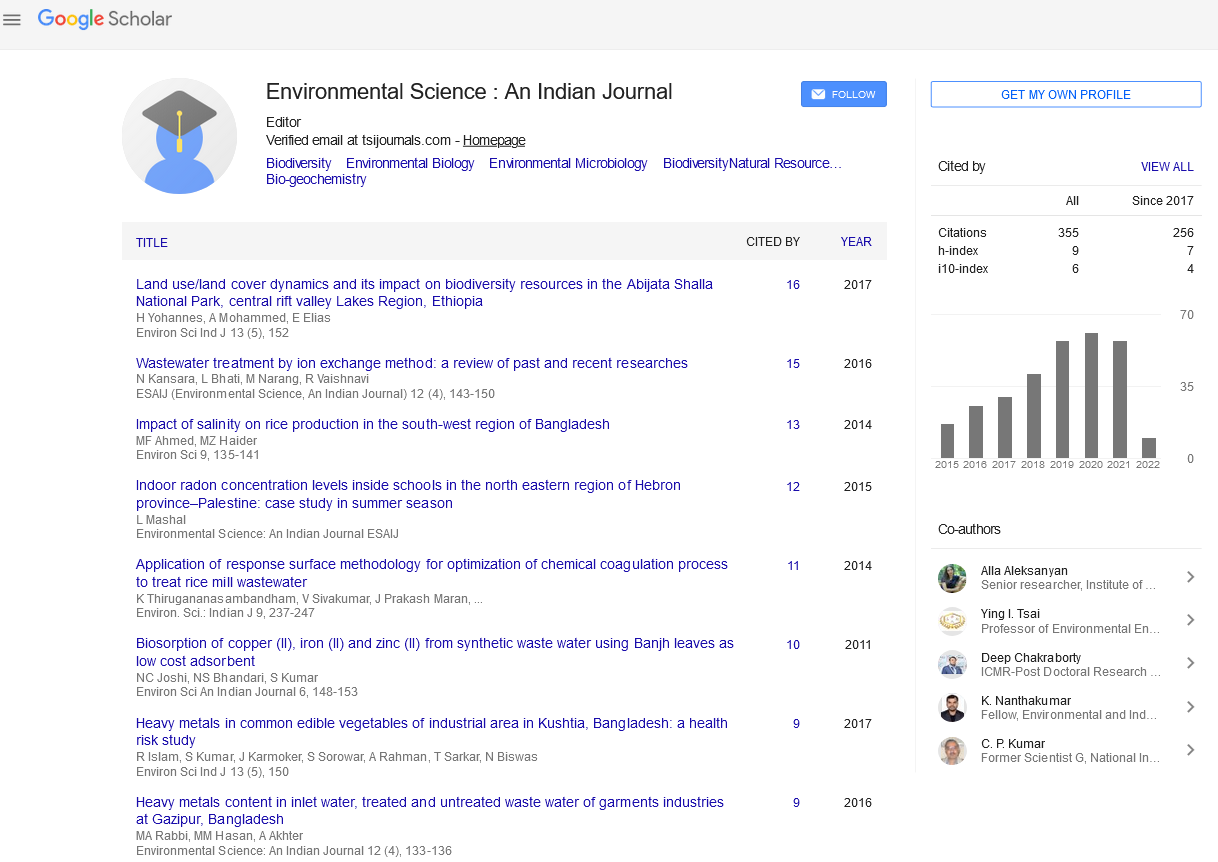Abstract
Plant growth promoters: An ecofriendly means for tea productivity
Author(s): Mausomi MadhabTea, the most refreshing and common beverages is a monocultured and perennial crop, which provides a stable microclimate for harbouring a number of microorganisms in the soil, most of which are beneficial to the plant growth. Being a perennial monocrop, it is attacked by array of pests and diseases for which it has been continuously facing serious threat from chemical pesticides and manures. The study was conducted at Tocklai Tea research institute 26043/ 46.38// N and 94013/ 43.44//E. Jorhat, Assam, India, to explore and exploit native microbes having potentiality to promote plant growth. Many phosphate solubilizers were isolated and were experimentally analyzed for their efficacy. Phosphate solubilizing microorganisms are routinely screened by a plate assay method using Pikovskaya (PVK)agar (Pikovskaya.,1948). The test of the relative efficiency of isolated strains is carried out by selecting the microorganisms which are capable of producing a halo/clear zone on plate due to the production of organic acids into the surrounding medium (Katznelson et al.,1962).The details of the source and zone clearing ability of the isolated phosphate solubilising bacteria were given, where phosphate solubilising zone was found to be maximum in the case of MM/PH/BST and MM/PH/KMP with 0.82(cm) and 0.78(cm) respectively, and lowest was recorded in MM/PH/MB-2 and MM/PH/LKS with 0.20(cm) each After the conduction of laboratory and nursery trial the dominant strains of Bacillus sp. having most potentiality to promote growth were taken for utilization as biofertizer and bioinoculants , so as to introduce these microbial inoculants as commercial tool to reduce load of chemical inputs for tea plant protection in an eco friendly manner.

